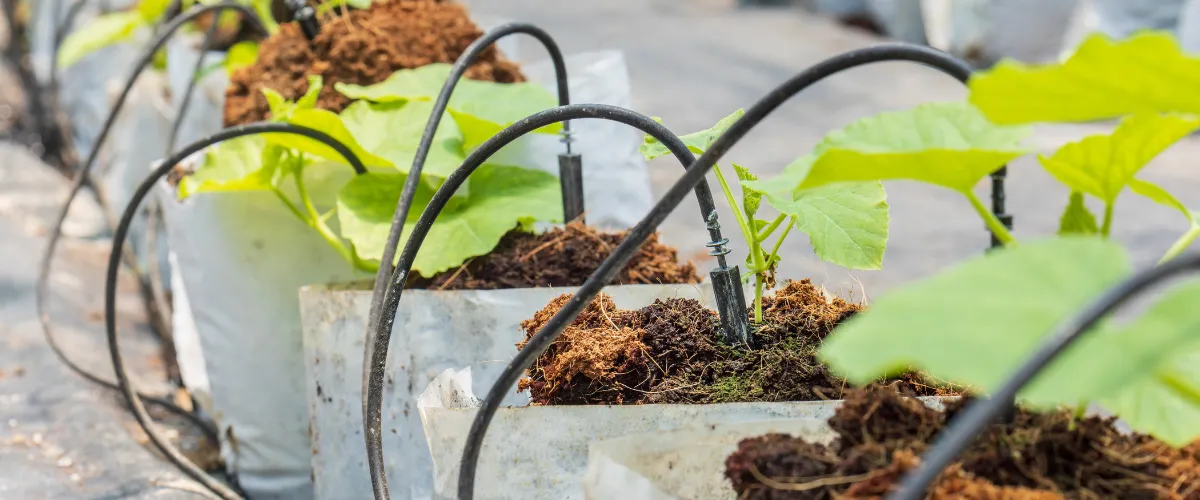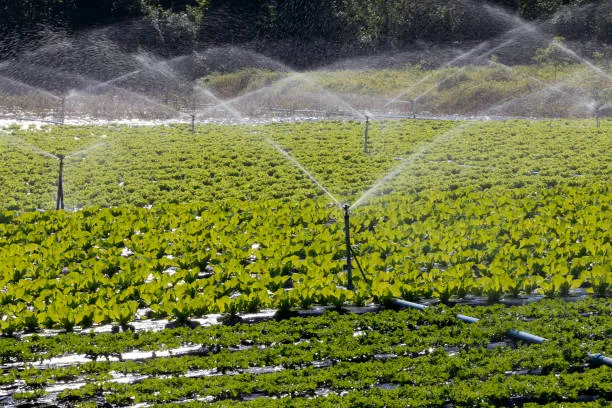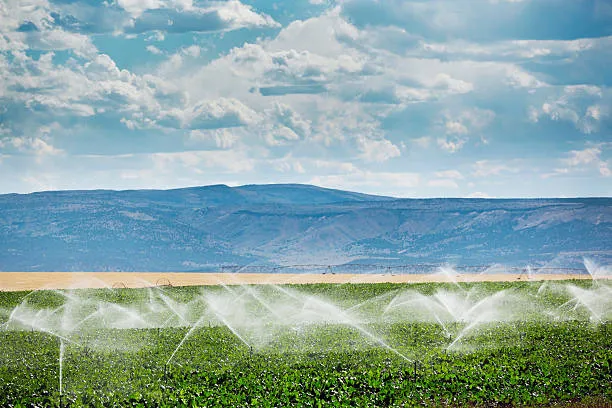
Sustainable Water Efficiency: A Key to Optimizing Water Resources in Agriculture
Water efficiency is an essential practice for industries across the globe, particularly in agriculture. By focusing on water conservation and the optimal use of water resources, businesses and farmers can significantly reduce water usage, enhance crop yields, and reduce costs. This article explores how water efficiency can be achieved through innovative technologies and sustainable practices in agriculture, offering an in-depth understanding of its importance.
What Does Water Efficiency Mean in Agriculture?
In simple terms, water efficiency refers to using water in a way that maximizes its benefits while minimizing waste. In agriculture, this means utilizing advanced irrigation systems, such as precision irrigation, to ensure that every drop of water is effectively used by crops. By integrating high-efficiency irrigation systems, it is possible to optimize the amount of water used for irrigation, improving both crop yield and sustainability. Technologies that monitor soil moisture levels, weather conditions, and plant needs are critical for achieving optimal water efficiency.
The Role of Water Efficiency in Sustainable Farming
Sustainable farming practices emphasize long-term solutions that balance economic viability, environmental health, and social equity. Water efficiency plays a crucial role in this balance, especially when it comes to mitigating the effects of climate change on water availability. Efficient water use helps maintain the quality of drinking water and reduces the pressure on water resources. In addition, implementing water-efficient systems contributes to water conservation by reducing overall water consumption and preventing water waste.
Several methods can be used to improve water efficiency in agriculture:
- Precision irrigation systems: These systems deliver water directly to the plant roots, minimizing evaporation and runoff.
- Soil moisture sensors: Monitoring soil moisture levels allows farmers to irrigate based on the plant's actual water needs, improving both water and energy use.
- Drip irrigation: This system ensures that water is slowly released directly to the plant’s roots, promoting water conservation and reducing wastage.
The Benefits of Efficient Irrigation Systems
When implemented correctly, high-efficiency irrigation systems help farmers save significant amounts of water. In addition to water conservation, these systems can lead to substantial cost savings, improved crop health, and increased productivity. For example, drip irrigation can reduce the amount of water used by up to 50% compared to traditional irrigation methods.

Additionally, water-efficient practices contribute to environmental sustainability by reducing the stress on local water resources and enhancing soil health. By reducing water waste, these systems also help prevent water pollution, as fewer chemicals and fertilizers are washed into surrounding ecosystems.
How Technology Supports Water Efficiency
The integration of technology into agricultural practices is revolutionizing the way water is managed. Sensors, connected devices, and automated systems provide farmers with real-time data, allowing them to make informed decisions about when and how much to irrigate. These smart systems monitor water usage and adjust automatically based on environmental conditions, optimizing water conservation efforts.

One such solution is WiseConn’s cloud-based platform, which offers automated irrigation management and precise control over irrigation schedules. This system helps farmers reduce water consumption, save energy, and enhance water quality. To learn more about how WiseConn's technology supports water efficiency, explore our solutions here.
Conclusion: The Future of Water Efficiency
Achieving water efficiency is not just a matter of necessity but an opportunity to enhance agricultural productivity while contributing to environmental sustainability. By adopting sustainable farming practices, integrating smart irrigation technologies, and optimizing water usage, we can ensure that future generations have access to adequate water resources. It is essential for businesses to embrace these technologies and become part of the global movement to save water and protect the environment.
For more information about how to improve your water management systems and explore innovative solutions in irrigation, visit WiseConn’s website. You can also contact us to get personalized advice on water efficiency solutions tailored to your needs.


